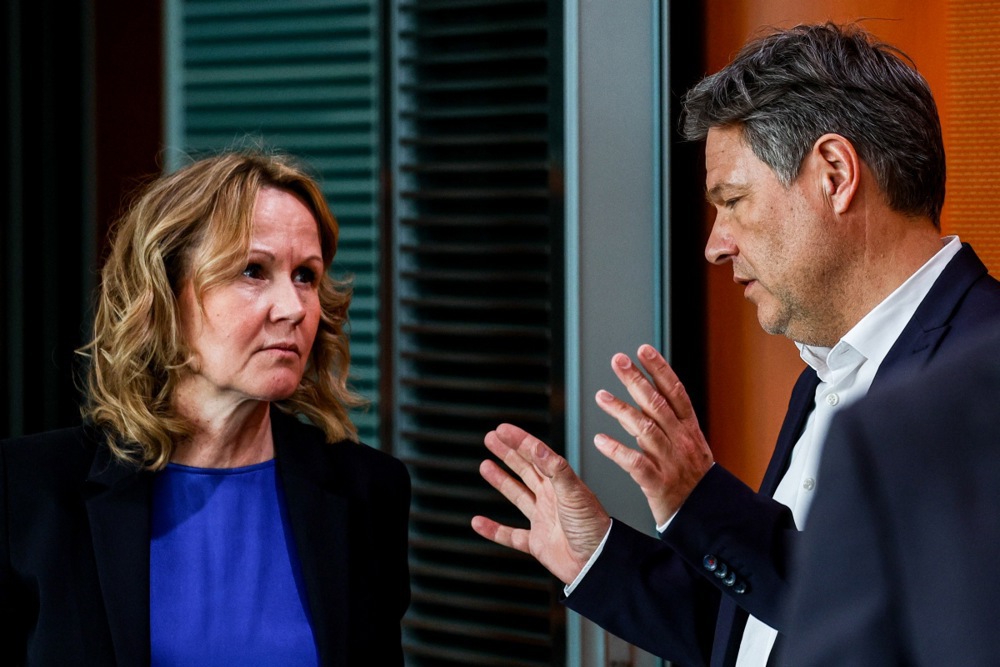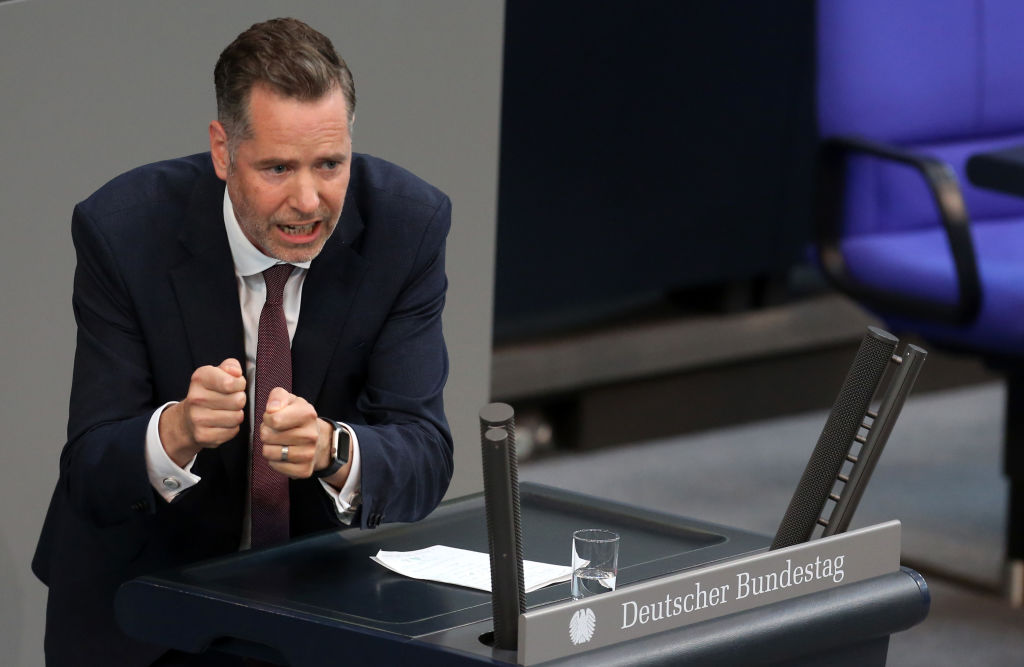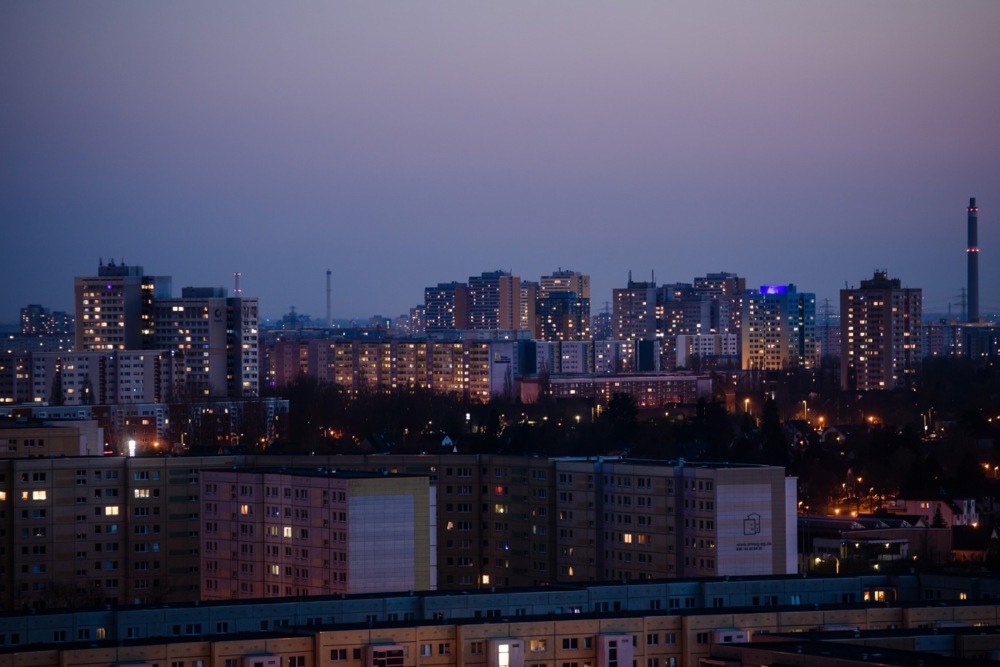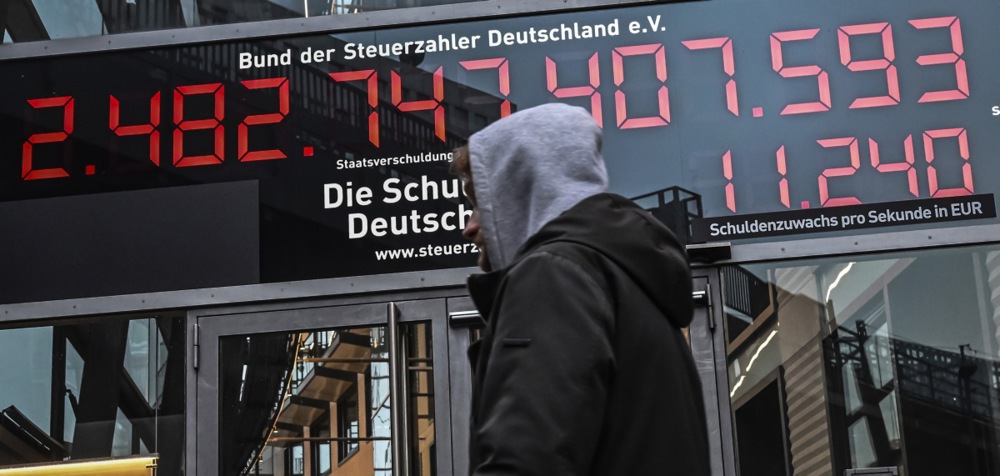Germany is showing worrying levels of gradual deindustrialization, a new survey has found.
Research conducted by the German Chamber of Industry and Commerce (DIHK) shows that companies in the country are highly pessimistic about the economic future, and are paring back operations as a result.
“The current situation of companies is poor, in industry even bad. Expectations do not show a strong upward movement,” DIHK Managing Director Martin Wansleben said at a Berlin event launching the paper.
“The hope of recent months that good foreign business or a rebound in domestic demand could act as a driver for domestic companies has not come to pass. On the contrary, a weak domestic economy and tangible structural challenges continue to keep the economy in its grip.”
Wansleben said the DIHK report revealed “alarming signs of gradual deindustrialisation”.
“If we do not take countermeasures quickly, Germany will lose its industrial base. And thus the basis for our prosperity,” he said.
Alongside the survey, the group also published the newly developed DIHK sentiment index, a mix of its business situation index and business expectations index.
The sentiment index revealed that 28 per cent of companies rate their business situation as positive, while 23 per cent assess it as poor. The overall assessment continues to trend downward, with negative evaluations increasingly outweighing positive ones.
“This confirms the negative business expectations of the past few months in the present. This gloom runs through almost the entire economy,” Wansleben said.
“It is particularly worrying that the situation in industry has deteriorated compared to the beginning of the year and thus remains negative. The erosion of the industry continues.”
Wansleben described the negative sentiment within German industry as “remarkable”, pointing out that it is usually the country’s most important economic engine due in part to its internationally diversified customer base and” its importance for investment activity”.
More than half of the companies surveyed expressed concern about persistently high energy and raw material prices, the ongoing shortage of skilled workers and rising labour costs. Uncertain economic policies added to their worries.
“This demonstrates the significant pressure on the competitiveness of many companies and the business environment as a whole,” Wansleben explained.
According to the index, just 24 per cent of German companies plan to invest more, while 31 per cent are making or planning cuts in their investments.
“Only during the financial crisis and at the beginning of the 2000s (autumn 2003) was the proportion of companies planning to invest in capacity expansion even lower,” DIHK noted in its report.
Wansleben added: “Precisely because the international situation is so uncertain due to the large number of crises, companies need clear signals of optimism, at least from Berlin and Brussels.
“They must point in the direction of entrepreneurial freedom — ie bring more innovation and less bureaucracy,” he said adding that another possible benefit would be tax relief for companies.
Building permits for apartments in Germany fell 27 per cent in 2023, the statistics office said, underscoring a downturn in demand in the construction and real estate industry. https://t.co/pkoJBAbfJy
— Brussels Signal (@brusselssignal) February 29, 2024





